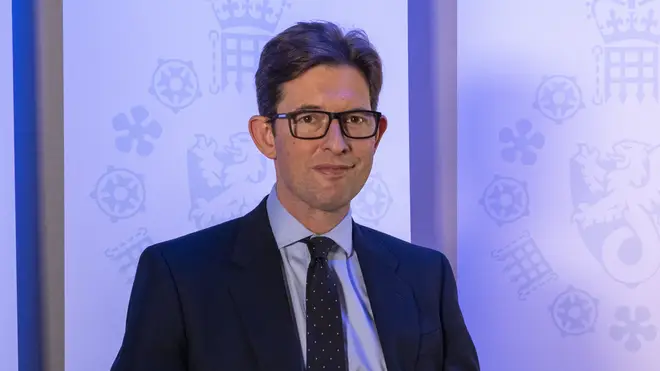
Nick Ferrari 7am - 10am
20 May 2021, 22:54

Ken McCallum said plans for end-to-end encryption will impede the security services’ ability to disrupt attacks.
The head of MI5 has accused Facebook of giving a “free pass” to terrorists with its plans for end-to-end encryption.
Ken McCallum said the plans by chief executive Mark Zuckerberg would enable terrorists to plot attacks without being visible to the security services.
In an interview with Times Radio, Mr McCallum said they were not seeking to build a “surveillance state” with “a camera in everyone’s living room”.
However he said there “rare” occasions when – with appropriate safeguards – where it was essential that they were able to gain access to the content of messages exchanged by dangerous suspects.
Mr McCallum said decisions taken by executives in Silicon Valley were now having a direct effect on the ability of the security services to disrupt the activities of terrorists or child sex abuse rings.
“It is the case, especially around default encryption, that decisions taken in California boardrooms are every bit as relevant to our ability to do our jobs as decisions taken in Afghanistan or Syria,” he said.
He said that if they had information someone was building a bomb or filming a martyrdom video in their living room they would be able to apply for a warrant from the Home Secretary and a senior judge.
“We would then be able to access that room, have a look at whether a bomb is indeed being built or not. And we need to have that ability online also,” he said.
“If you have end-to-end default encryption with absolutely no means of unwrapping that encryption, you are in effect giving those rare people – terrorists or people who are organising child sexual abuse online, some of the worst people in our society – a free pass where they know that nobody can see into what they are doing in those private living rooms.
“This is an unsolved problem, which needs proper attention. We are not in any way seeking some form of surveillance state.
“What we do need is that on those rare occasions, where there is a concern of very, very substantial proportions, that when a secretary of state and the judge has agreed that access to that information is necessary and proportionate, we do need the companies to have built a means for us to work in partnership with them, in that rare case, to access the content of those communications.”